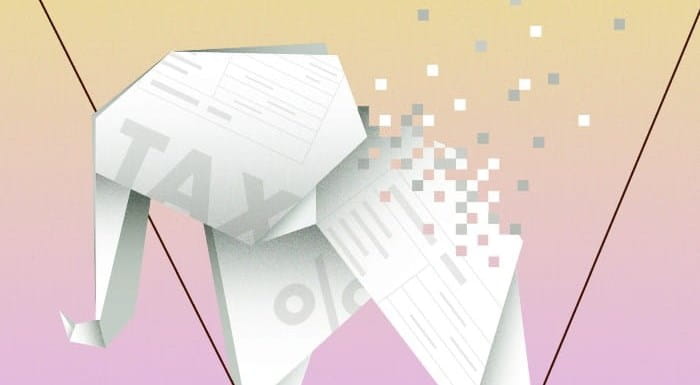Despite ICAEW’s calls for government to drop its plans to move away from the basis period rules, the Autumn Budget announcements confirmed that it will go ahead, albeit a year later than the proposals published in July.
The announcement brings the timing of the reform in line with the one-year delay to Making Tax Digital for income tax announced in September.
Under the government’s proposals, sole traders and partnerships will be subject to income tax on profits arising in a given tax year.
For businesses with an accounting year end between 31 March and 5 April, this will mean no change. For other businesses, this is likely to bring forward the date on which taxable income will need to be calculated and tax will need to be paid.
It will also require estimates to be made of the profits generated in the latter part of a tax year (unless a business reverts to an accounting year that corresponds with the tax year) as the profits for a tax year will continue to be determined with reference to the business’ accounting periods.
This new method of calculating taxable profit will apply from the tax year 2024/25, rather than 2023/24 as previously planned.
A mechanism is required for existing businesses to transition from the old to the new regime and so special rules will apply in the transitional tax year 2023/24. In this tax year, some businesses will experience double taxation as they will be taxed not only on 12 months’ worth of profits from the end of the basis period for 2022/23, there will also be transitional profit based on the period from the end of those 12 months to 5 April 2024.
If the business has any overlap relief it will be able to use this against the additional profits arising in the transitional tax year to mitigate the enhanced tax charge arising in that year. ICAEW understands that there will be more flexibility to use this overlap relief than was set out in the draft legislation published in July.
Where additional taxable profits remain even after deduction of overlap relief, business owners will have the option to spread that additional profit over five years. Some respondents to the consultation on this measure, including ICAEW’s Tax Faculty, expressed concern that this additional profit could have a knock-on effect for other tax purposes in those years, such as the impact on personal allowances, high income child benefit tax charge and allowances for the purposes of contributions to registered pension schemes.
The faculty understands that the government is seeking to address these unintended consequences through changes to the draft legislation published in July.
Further details and an updated version of the legislation will be published by the government on 4 November which the Tax Faculty will be analysing.
Budget webinar
The Tax Faculty reflected on the Chancellor's announcements in this essential webinar. Freely available, watch the recording to find out what the Autumn Budget 2021 could mean for you and your clients.

Tax Faculty
This guidance is created by the Tax Faculty, recognised internationally as a leading authority and source of expertise on taxation. The Faculty is the voice of tax for ICAEW, responsible for all submissions to the tax authorities. Join the Faculty for expert guidance and support enabling you to provide the best advice on tax to your clients or business.



